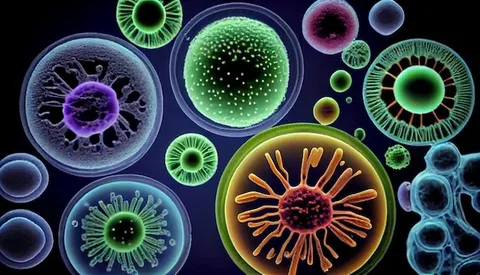Posted inUncategorized
How Microorganisms Affect Human Mood: Unraveling the 12 Gut-Brain Connection
Microorganisms Affect Human Mood When you think about your mood and mental health, what comes to mind? Is it your thoughts, experiences, or emotional triggers? Surprisingly, one of the…
